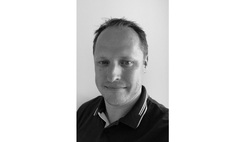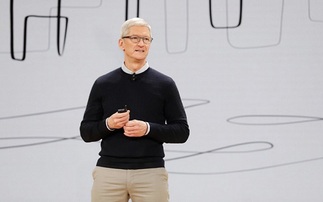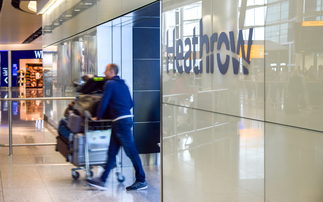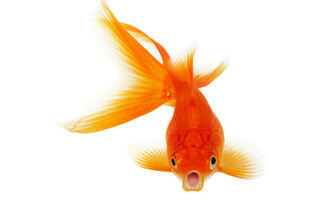The Natural History Museum's interim CIO Ian Golding will leave his role later this year, and talks about the challenges facing his successor
The Natural History Museum (NHM) in London is both a physical and scientific landmark: if not for the nearby Victoria & Albert Museum, its terracotta facade would dominate the major thoroughfare that is Cromwell Road; and the institution's research work is key to expanding our understanding of the natural world on a global scale.
Interim CIO Ian Golding, who will leave his role later this year when the Museum completes its search for a new permanent member of staff, faced all of the challenges that might be expected in an institution approaching its 150th birthday - as well as some that are unique to the very specialised environment that he manages.
"The Museum has its own ‘Mandala of Systems', with some legacy challenges as many organisations do," he says. "It's important to see, in enterprise architecture terms, what those systems are, and understand which provide the greatest value or benefit, or sometimes pose the greatest risk.
"It is possible to map out the current state, review - with clear criteria - with the business owners involved to understand trade-offs, and force prioritisation across the Mandala [of Systems]. So over time, these can converge into more useful adaptable, fit-for-purpose platforms for use across the organisation to replace the legacy individual systems."
He is quick to point out that such sweeping changes - always challenging in large organisations - do not need to happen in a single transformation. It is more realistic to implement a rapid evolution, "swapping technologies in and out at the right times, with clear vision and a roadmap behind it that is very cost-effective."
Gathering data can be very helpful to create quick wins and solve existing problems
The NHM is in the middle of just such an evolution, pursuing multiple technical projects to enhance efficiency and the user experience. One example is its construction of a digital twin environment, using data pulled from the thousands of IoT sensors across the 100,000m² estate. These sensors monitor security around the Museum's entrance and exit points; supply the data needed to maintain the right environmental conditions for both visitors and the collection; and, through consensual WiFi tracking, show the most popular areas in which people are lingering as they walk the Museum's galleries and retail space.
"Gathering the data to define problems clearly and create solutions with the teams themselves is very empowering, and relies on strong partnerships with technology experts and users across the Museum," says Golding. "It can be very helpful to create quick wins and solve existing problems, rather than getting too conceptual in solving all of the challenges in one go, which is impossible."
He adds, "The new Digital Twin Technology Vision will help the next CIO take the Museum on its next journey up to its 150th Anniversary in 2031, and engage with audiences in new and even more brilliant ways; this is a great time for long-term visionary planning."






















